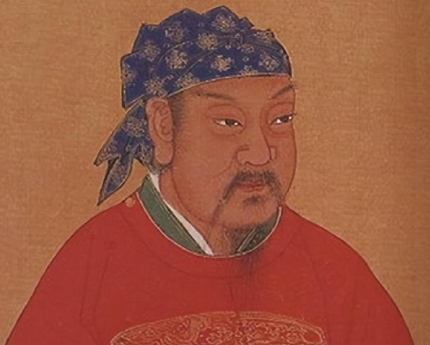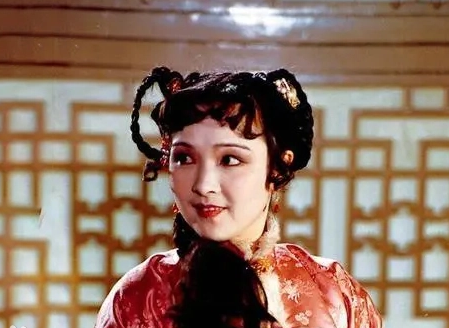In our daily lives, shopping is an activity that everyone goes through. However, have you ever thought about why we say "buy things" instead of "buy north and south"? This question may seem puzzling, but it actually involves the culture and history of ancient China.

First, we need to understand the ancient meanings of "east and west" and "north and south". In ancient China, people used "east, west, south, and north" to represent the four directions. Among them, "east" represented the east, "west" represented the west, "south" represented the south, and "north" represented the north. These four directions played an important role in traditional Chinese culture, and they were closely linked to philosophical ideas such as the five elements and the eight trigrams.
So, why is shopping called "buying things" instead of "buying north and south"? The reason behind this has to do with the transportation and trade in ancient China. Due to geographical and transportation limitations, people mainly traded along rivers and coastlines. The Yangtze River and the Yellow River, as the two most important rivers in China, became the economic centers of ancient China. These regions are located in the east and west of China, so the term "east and west" gradually came to represent goods and trade.
In addition, "east and west" had another meaning in ancient times. In Chinese characters, the character for "east" looks like a huge container, while the character for "west" looks like a lid. This visual metaphor gives "east and west" the meaning of containing and covering. Therefore, "buying things" can also be understood as purchasing various items that can accommodate and cover one's daily needs.
In contrast, "north and south" did not have a close connection with trade and goods in ancient times. Although the south and the north also had their own special products and resources, they did not become synonyms for trade and shopping like "east and west". Therefore, "buying north and south" did not become a common expression for shopping.
Of course, this is just one explanation for "buying things". In fact, the development of language is a complex process influenced by many factors. In different historical periods and regions, people may have different expressive habits. However, regardless, the expression "buying things" has taken root in Chinese culture and become an indispensable part of our daily lives.
In summary, the saying "buying things" instead of "buying north and south" stems from the geographical environment, transportation conditions, and people's symbolic meanings of directions in ancient China. This expression not only reflects the characteristics of ancient Chinese trade but also contains rich cultural connotations. By understanding the history and culture behind it, we can better understand traditional Chinese customs and values.
Disclaimer: The above content is sourced from the internet and the copyright belongs to the original author. If there is any infringement of your original copyright, please inform us and we will delete the relevant content as soon as possible.
































